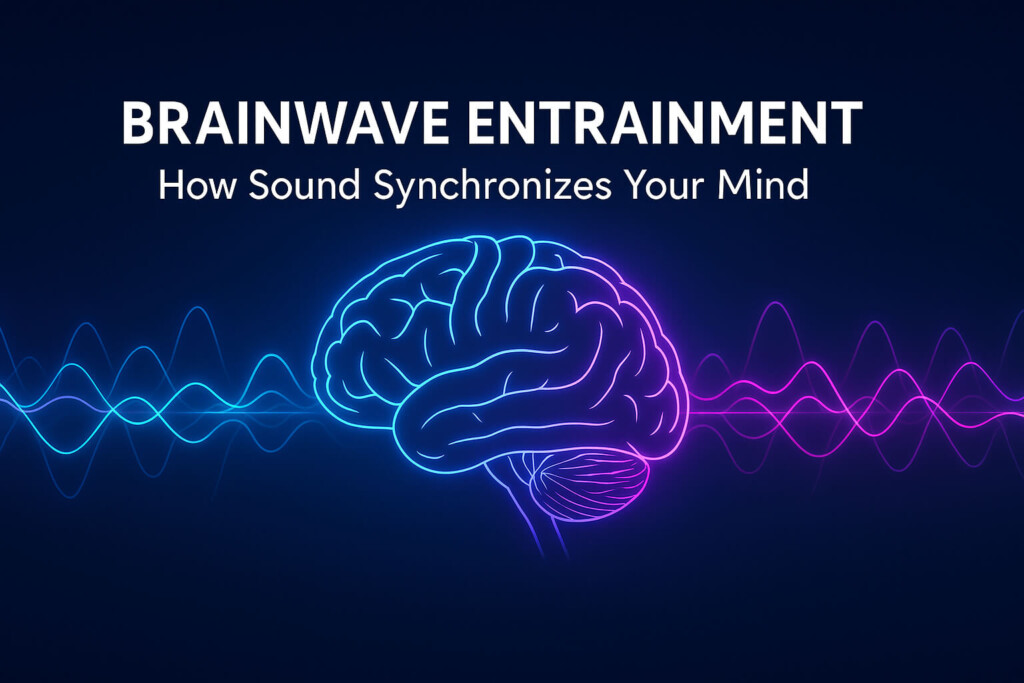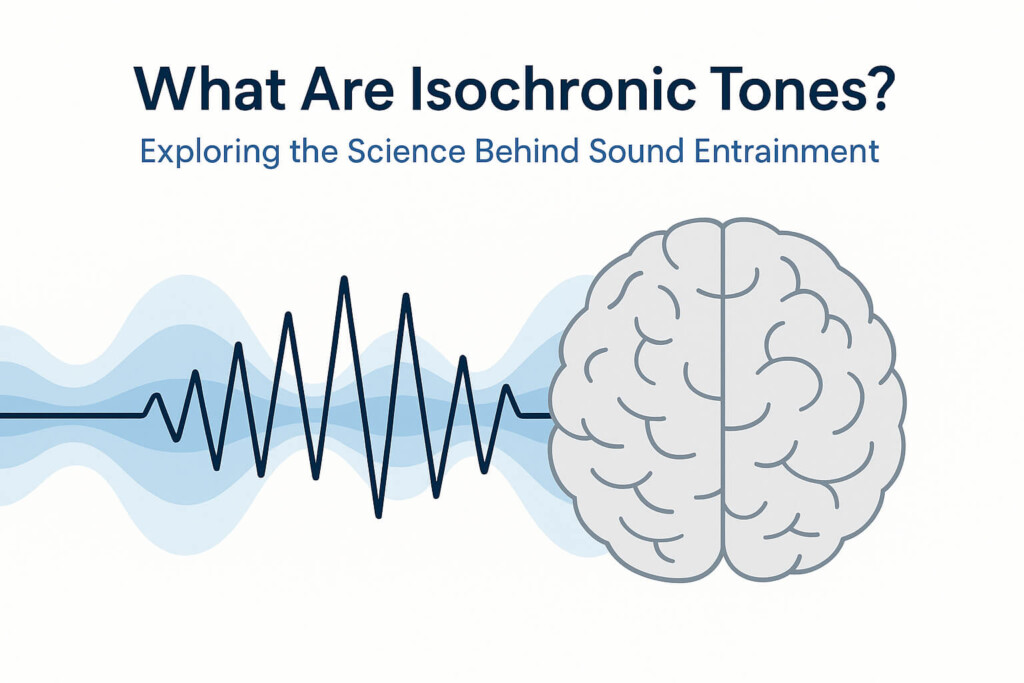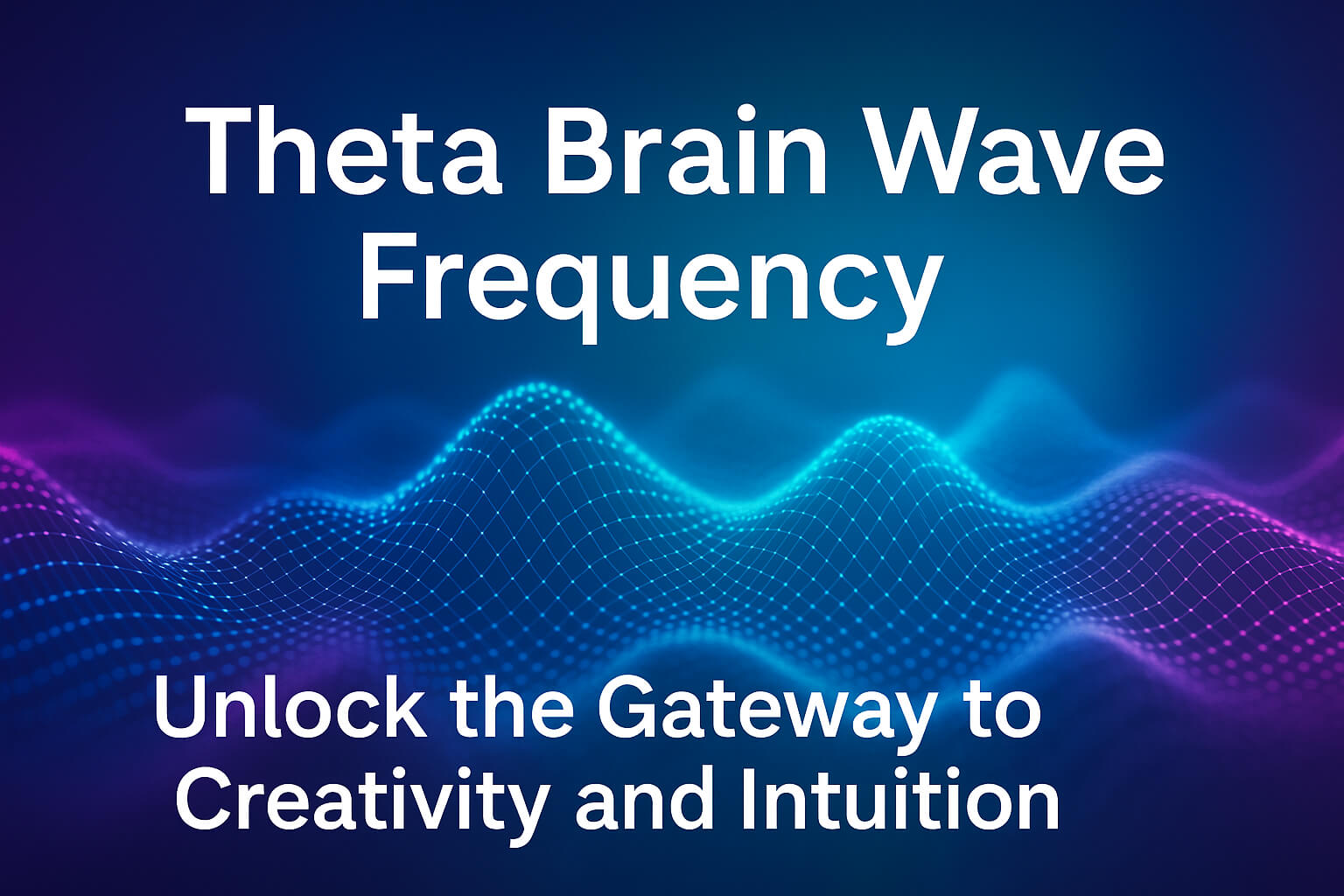Now Reading: Isochronic Tones Explained: The Science of Sound That Reprograms Your Mind
- 01
Isochronic Tones Explained: The Science of Sound That Reprograms Your Mind
Isochronic Tones Explained: The Science of Sound That Reprograms Your Mind

🎵 Introduction
You’ve probably heard of binaural beats — but few know about their powerful cousin, isochronic tones.
These rhythmic sound pulses are among the most effective tools for brainwave entrainment, helping the mind achieve focus, calmness, and clarity faster than traditional meditation.
Isochronic tones don’t require headphones. They work by delivering precisely timed sound bursts that your brain synchronizes with — a process known as frequency following response.
🧠 What Are Isochronic Tones?
Isochronic tones are regular, evenly spaced pulses of sound that stimulate specific brainwave frequencies.
For example, a tone pulsing 10 times per second (10 Hz) can help your brain enter the alpha state — associated with relaxation and creativity.
They differ from binaural beats in one key way:
Binaural beats use two tones (one in each ear) to create a perceived frequency difference.
Isochronic tones use single, sharp, rhythmic pulses — making them stronger and more direct for the brain to follow.
This makes them one of the most efficient tools for focus, meditation, and sleep enhancement.
🔬 The Science Behind Brainwave Entrainment
Your brain is an electrochemical organ. Every thought, emotion, and action is driven by electrical impulses — brainwaves.
Isochronic tones stimulate the thalamus (the brain’s relay center) to adjust its rhythm according to the tone’s pulse.
Over a few minutes, your brain starts matching that rhythm — a phenomenon scientifically known as entrainment.
Different frequencies trigger different states:
Delta (0.5–4 Hz) – Deep sleep, physical healing
Theta (4–8 Hz) – Creativity, intuition, emotional release
Alpha (8–12 Hz) – Relaxed focus, mindfulness
Beta (12–30 Hz) – Alertness, problem-solving
Gamma (30–100 Hz) – Cognitive performance and insight
🌿 Benefits of Isochronic Tone Listening
Regular use of isochronic tones has been shown to improve both mental and physical well-being.
Here are some key benefits:
Improved Focus: Enhances concentration during study or work.
Stress Reduction: Slows heart rate and lowers cortisol levels.
Deeper Meditation: Helps beginners achieve calmness faster.
Better Sleep Quality: Induces delta and theta waves for restorative rest.
Increased Motivation: Aligns your brain’s rhythm with peak alertness frequencies.
What makes isochronic tones unique is how quickly they produce noticeable changes — usually within minutes of listening.
⚙️ How to Use Isochronic Tones Effectively
Choose Your Goal:
Alpha for relaxation
Theta for creativity
Delta for deep sleep
Beta for motivation
Set the Environment:
Find a quiet place, use speakers or headphones (optional).Duration:
10–20 minutes daily is enough to create lasting brainwave adaptation.Consistency:
Like physical exercise, daily repetition strengthens your neural pathways.
Isochronic tones are mental gym sessions — short, effective, and transformative.
💫 Isochronic Tones vs. Binaural Beats
While both are powerful tools for brainwave entrainment, isochronic tones have certain advantages:
Stronger and more precise pulse-based synchronization
Work without headphones
More effective for short, focused sessions
However, combining them can yield enhanced results — a method used in the Genius Wave Dual Entrainment System.
🌌 Final Thoughts
In a world filled with distraction and stress, sound-based neurotraining like isochronic tones provides a direct route to mental clarity.
With consistent practice, you can reprogram your subconscious, reduce anxiety, and improve cognitive performance — simply through sound.
👉 Related read: Theta Brainwaves for Creativity: Unlocking Flow Through Sound for more insights on brainwave focus and mental clarity.

















